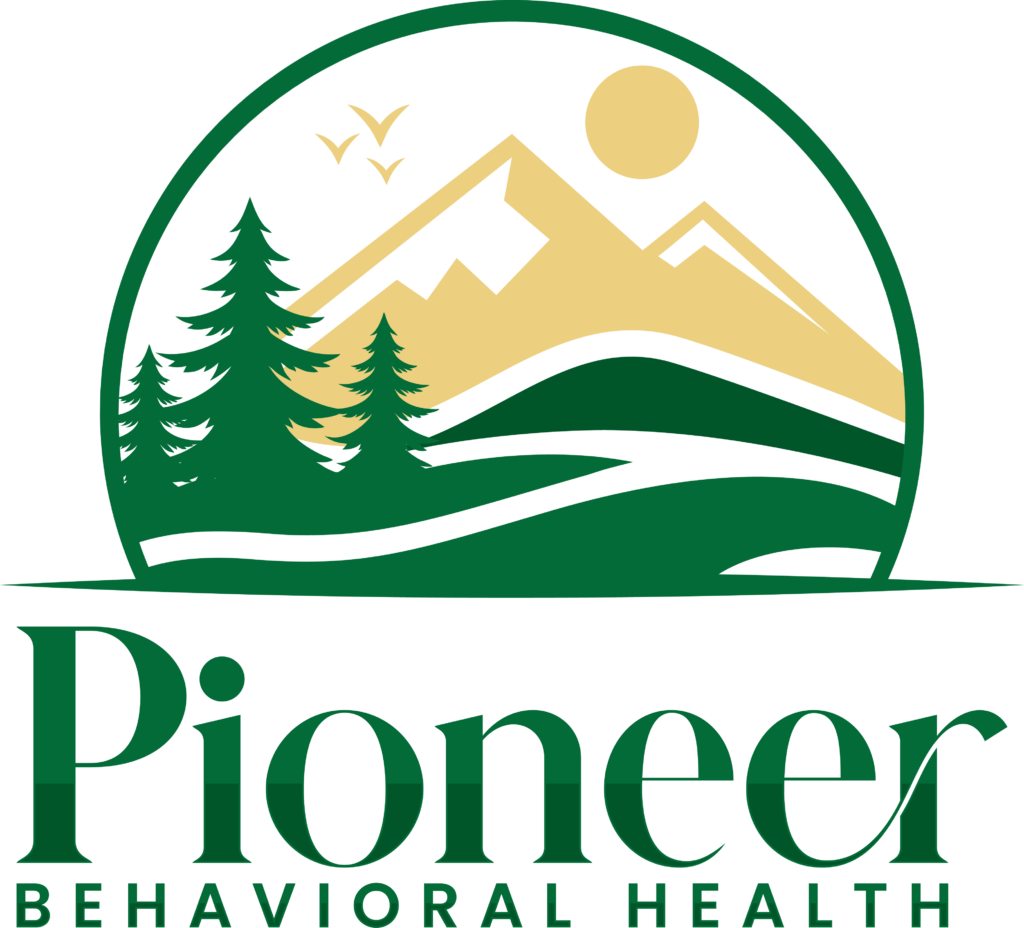Drug addiction and mental health disorders often go hand in hand. When these challenges occur simultaneously, they create a complex set of issues that require specialized care. This is where dual diagnosis treatment comes in. By addressing both conditions together, individuals can achieve better outcomes and long-term recovery. Let’s explore what dual diagnosis means, why it’s crucial, and how to find the right treatment.
What Is Dual Diagnosis?
Dual diagnosis, also known as co-occurring disorders, refers to the simultaneous presence of a mental health disorder and a substance use disorder. Common examples include:
- Depression and alcohol addiction
- Anxiety and opioid dependency
- PTSD and stimulant abuse
- Bipolar disorder and cocaine addiction
Each condition affects the other, creating a cycle that can make recovery challenging without comprehensive treatment.
Why Dual Diagnosis Treatment Is Essential
Traditional treatment programs often focus solely on either the mental health disorder or the addiction, leaving the other untreated. This approach can lead to relapse or worsening symptoms. Dual diagnosis treatment addresses both conditions simultaneously, providing a more effective path to recovery by:
- Uncovering Root Causes: Mental health issues often drive substance use, and vice versa. Treating both helps break the cycle.
- Reducing Relapse Risk: Comprehensive care reduces the likelihood of returning to old habits.
- Improving Quality of Life: Addressing both conditions enhances overall well-being and stability.
Key Components of Dual Diagnosis Treatment
Integrated Care
Dual diagnosis programs combine addiction treatment and mental health care under one cohesive plan. This integrated approach ensures both conditions are treated simultaneously and in harmony.
Individualized Therapy
Every individual’s experience with addiction and mental health is unique. Personalized therapy plans include:
- Cognitive Behavioral Therapy (CBT): Helps individuals reframe negative thoughts and behaviors.
- Dialectical Behavior Therapy (DBT): Teaches skills for emotional regulation and stress management.
- Trauma Therapy: Addresses past experiences that may contribute to substance use and mental health challenges.
Medication-Assisted Treatment (MAT)
In some cases, medications can help stabilize mental health symptoms and reduce cravings, making recovery more manageable. MAT is most effective when combined with therapy and support.
Support Groups and Peer Support
Connecting with others who understand the challenges of dual diagnosis can be incredibly empowering. Groups like Narcotics Anonymous or specialized dual diagnosis support groups offer encouragement and shared experiences.
Holistic Therapies
Complementary therapies like mindfulness, yoga, and art therapy can provide additional tools for managing stress and maintaining balance in recovery.
Signs You May Need Dual Diagnosis Treatment
If you or a loved one are struggling with addiction and suspect an underlying mental health issue, this type of treatment may be the right solution. Common signs include:
- Difficulty maintaining sobriety despite attempts to quit
- Mood swings, anxiety, or depression that worsen with substance use
- Using drugs or alcohol to cope with mental health symptoms
- Trouble maintaining relationships or employment due to behavioral health issues
Finding the Right Program
Choosing a program tailored to co-occurring disorders is crucial for success. At Pioneer Behavioral Health, we specialize in dual diagnosis treatment, offering:
- Comprehensive assessments to identify both substance use and mental health conditions
- Integrated care plans designed to address each individual’s unique needs
- A compassionate, experienced team committed to helping you achieve long-term recovery
The Path to Recovery
Recovery from co-occurring disorders is a journey, but it is one you don’t have to take alone. With the right support, tools, and treatment, you can regain control of your life and build a future free from the burdens of addiction and mental health challenges.
If you’re ready to take the first step with dual diagnosis, contact Pioneer Behavioral Health today. Together, we can create a customized treatment plan to help you achieve lasting recovery and a healthier, more fulfilling life.


